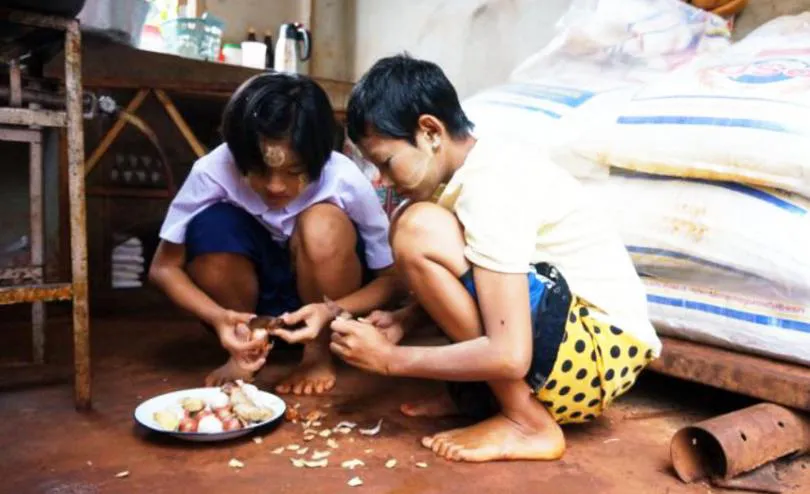The Migrant Working Group (MWG) in Thailand and Save the Children have found that most migrants in Thailand are not in school. This is partly because most Thai schools do not systematically apply the laws that allow any child in Thailand to go to school. At the same time, other gaps still remain for migrant workers and their children. Save the Children urges the government to solve the problems urgently.To address these issues, Save the Children together with the Migrant Working Group (MWG) in Thailand and other partners will hold the “Migration Crisis to Protection” Event on Thursday 17 December 2015, at Xavier Hall Bangkok on occasion of the International Migration Day. The event will allow for the international organizations working on migrant issues to review and present the changes as well as the effects from the migrant worker management during the past year.In terms of education, according to the Thai Education for All policy, all children have the right to attend Thai school regardless of their nationality of legal status and yet for most migrant children this is not a reality. “Most public schools do not accept migrant children, claiming that they require more documents from the children for fear that they would have to carry the burdens of subsidies for each child. On the other hand, some private schools, although they allow migrant children to attend their schools, are concerned about the laws around these children, especially those without identification documents. The expenses around these schools are also high, therefore many migrant parents decide to send their children to the free migrant learning centers instead despite the fact that the documents from these centers will not be legitimate and their children will not be able them in the future,” said Tim Murray, Save the Children’s Senior Education Specialist.Despite research findings that the majority of migrant children in Thailand are still out of school, there are success stories which need to be recognized and built upon. As such, Save the Children has completed a case study of good practice in the Bang Khun Tian district of Bangkok, where civil society, schools and local government have worked together to support migrant children to go to Thai school. By working at the community level, school level, and policy level, thousands of migrant children have enrolled in government school in the district, building a brighter future for themselves and making a positive contribution to Thai society. Save the Children hopes that other districts can learn from this experience and make sure that more migrant children realize their right to education. Copies of the case study will be distributed at the event.Films on issues around migrant children: education, child protection, and health by Save the Children will also be showcased at the event. They raise the voices of migrant and refugee children for clear policies to be established to ensure their rights to education, protection, and health services. The films aim to promote better understanding towards migrant workers and their children in Thai society, and to raise awareness among people their rights. The event will be the first public screen to commemorate the International Migration Day.######For media inquiries or to arrange an interview, please contact:Songporn LeelakitichokCommunications and Advocacy CoordinatorSave the Children ThailandEmail: bea.leelakitichok@savethechildren.org

MIGRANT CHILDREN IN THAILAND STRUGGLE TO GO TO SCHOOL –TO BE DISCUSSED AT “MIGRATION CRISIS TO PROTECTION” EVENT
16 ธันวาคม 2558
NEWS
MIGRANT CHILDREN IN THAILAND STRUGGLE TO GO TO SCHOOL –TO BE DISCUSSED AT “MIGRATION CRISIS TO PROTECTION” EVENT
.png)